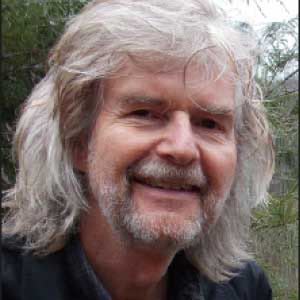The word “Pikangikum” can evoke feelings of sadness and despair, as this remote northern Ontario community has attracted headlines for tragically high rates of suicide among its youth. But clean water and other local projects sponsored by the Anglican-supported Pikangikum First Nations Working Group are offering new hope.
The initiative was sparked after Bishop Mark MacDonald, the national Indigenous bishop, spoke about the shortage of clean water in First Nations communities at the diocese’s Outreach and Advocacy Conference in 2011. Several Anglicans discussed how they could respond and began meeting to pray and discern a way forward. Other Anglicans contacted Bishop MacDonald about what they could do.
Pikangikum was chosen because of its suicide rate and because the Pikangikum First Nations Working Group had begun speaking with the band about its needs. “It presented a great possibility and has turned out to be spectacularly successful,” says Bishop MacDonald.
Work at Pikangikum is already bearing fruit, with 10 homes supplied with clean water in the community of 3,000, where most homes lack clean water and toilet facilities. Residents must rely on outdoor taps and outhouses.
While a federal government report said it would cost $180,000 to supply a home with water, the working group’s cost per home is only $20,000. Plans for 2017 call for at least 10 more homes to be supplied with water.
Another benefit of the project is that it provides skills-training to residents of Pikangikum, which has a 90 per cent unemployment rate. Six young people have learned plumbing and electrical skills and have jobs. Another seven young people will receive skills-training in 2017. Other activities to meet community needs and provide employment include the construction of 200 new homes using local lumber.
The Primate’s World Relief and Development Fund has raised $440,000 for the projects. After Anglican and Lutheran young people identified the right to water as a priority in 2012, they raised almost $20,000 and have been doing related educational work.
Local supporters realize it is a long-term effort. “Our culture wants things to happen fast,” says Cheryl Marek, a member of Christ Memorial, Oshawa. “Start small and know that God is using whatever you’re doing in ways you cannot imagine.”
Ms. Marek has been involved in educating people about Pikangikum and in broader reconciliation efforts. This has involved parish members as well as local non-Anglican residents and the school board. “Including our community in educational efforts can show the church is relevant today,” she says.
Bishop MacDonald is hopeful that success at Pikangikum can lead to similar initiatives in other First Nations communities. “Our concern for Pikangikum is part of a larger concern about First Nations communities which are suffering in a country that should have water security for all citizens.”
For more information about the water projects in Pikangikum, visit the PWRDF website, www.pwrdf.org. PWRDF is ministry partner of FaithWorks, the diocese’s annual outreach appeal.



How do we strategically assess financial stewardship in our parishes?